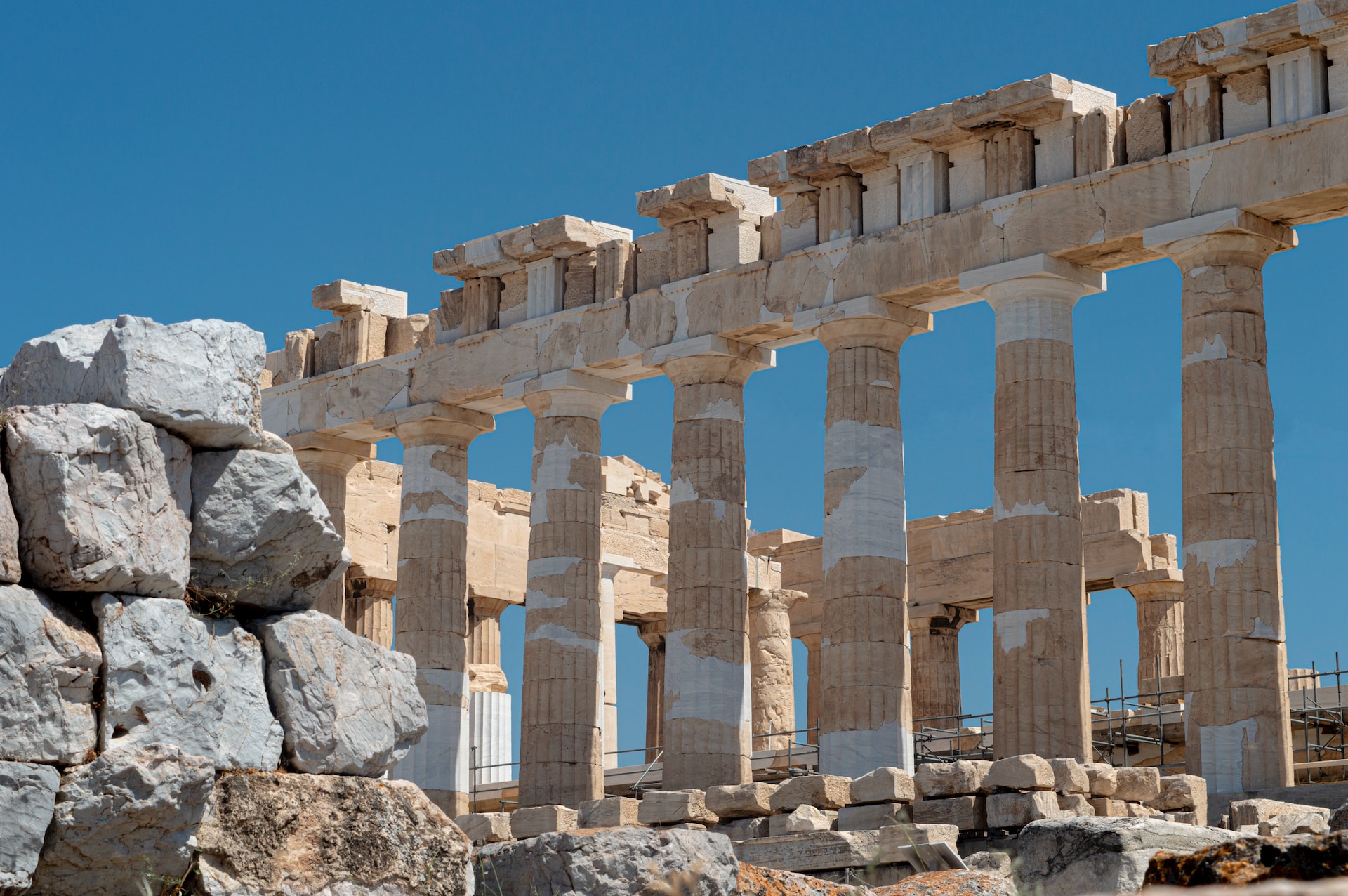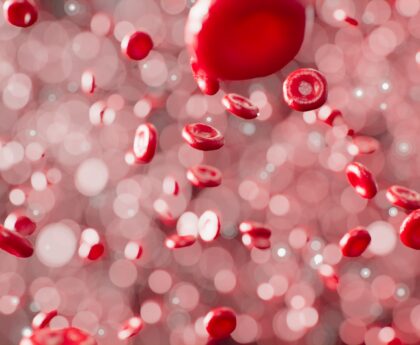>> 1 <<
Despite the fact that the first written medical sources that have come down to us are the Egyptian papyri, which describe surgical operations and obstetrical practices (Berlin, London, Leiden papyri), the place of origin of modern medicine is considered ancient Greece, although there is no doubt that its origins are in the same Ancient Egypt.
>> 2 <<
The ancient Greeks can be considered the founders of scientific thought as such, and of medicine in particular, because it was here that medicine as a science emerged. This means that the Greeks undertook a scientific approach to the information accumulated by that time, although certainly not all of it was reliable. At this time, medicine was divided into temple medicine and, if I may say so, scientific, or evidence-based medicine. Schools emerged in different cities of Greece, each of which developed certain scientific (or pseudoscientific) theories. The god of medicine among the Greeks was Asclepius, son of Apollo, the Roman pronunciation is Aesculapius. Medicines were called “pharmakon” by the Greeks. Asclepius had children, each of whom embodied a particular branch of medicine: Hygiea – hygiene, prevention, Panacea – therapy, Machaon – surgery, Podalarius – internal diseases, Telesphorus – magic. Thus we see that at this time there was already a division of medicine into the main directions, which have generally survived to this day.
>> 3 <<
Hippocrates is called the father of medicine, the man who founded one of the Greek schools of medicine and devoted his entire life to medicine. His influence on medicine as a science cannot be overestimated. His numerous writings, which contain descriptions of practices used by physicians to this day, are grouped together in a large collection – the Hippocratic Corpus, the first medical encyclopedia. In addition, as not only a physician but also an outstanding philosopher and thinker, he laid the foundations of medical ethics, and the famous Hippocratic Oath has survived almost unchanged to the present day as a mark of respect for this great man.
THE FACT
In accordance with the principle of Epicurus, “to live sensibly, beautifully, and pleasantly,” Asclepiad introduced the principle of “treating safely, quickly, and pleasantly.” In furtherance of this principle he limited the “emptying” treatment, the use of vomiting, laxatives, and bloodletting and developed a system of restorative treatment.He recommended the observance of home hygiene (light, air), body hygiene (baths, skin care), use of massage, active and passive Movement and doing walks in the air. Walking, running, riding, carriage, boat, ship, etc. were considered useful by Asklepias. If the patient could not move on his own, Asklepias advised carrying and rocking him. In his system, climatic treatment played an important role along with physiotherapy and balneotherapy, according to the modern terminology. He treated medicines with great caution and in some cases he gave pure water under the guise of medicines, explaining to other doctors that in any case it was better than giving poisons. The Asclepiadic system, which opposed the crude methods of “bloodthirsty tormentors and gutters”, made him extremely popular in Rome.



